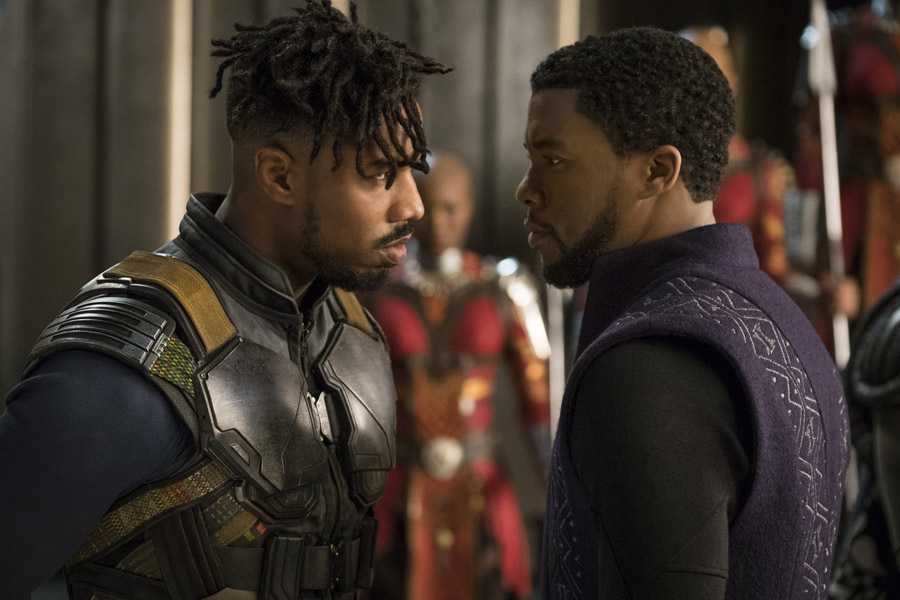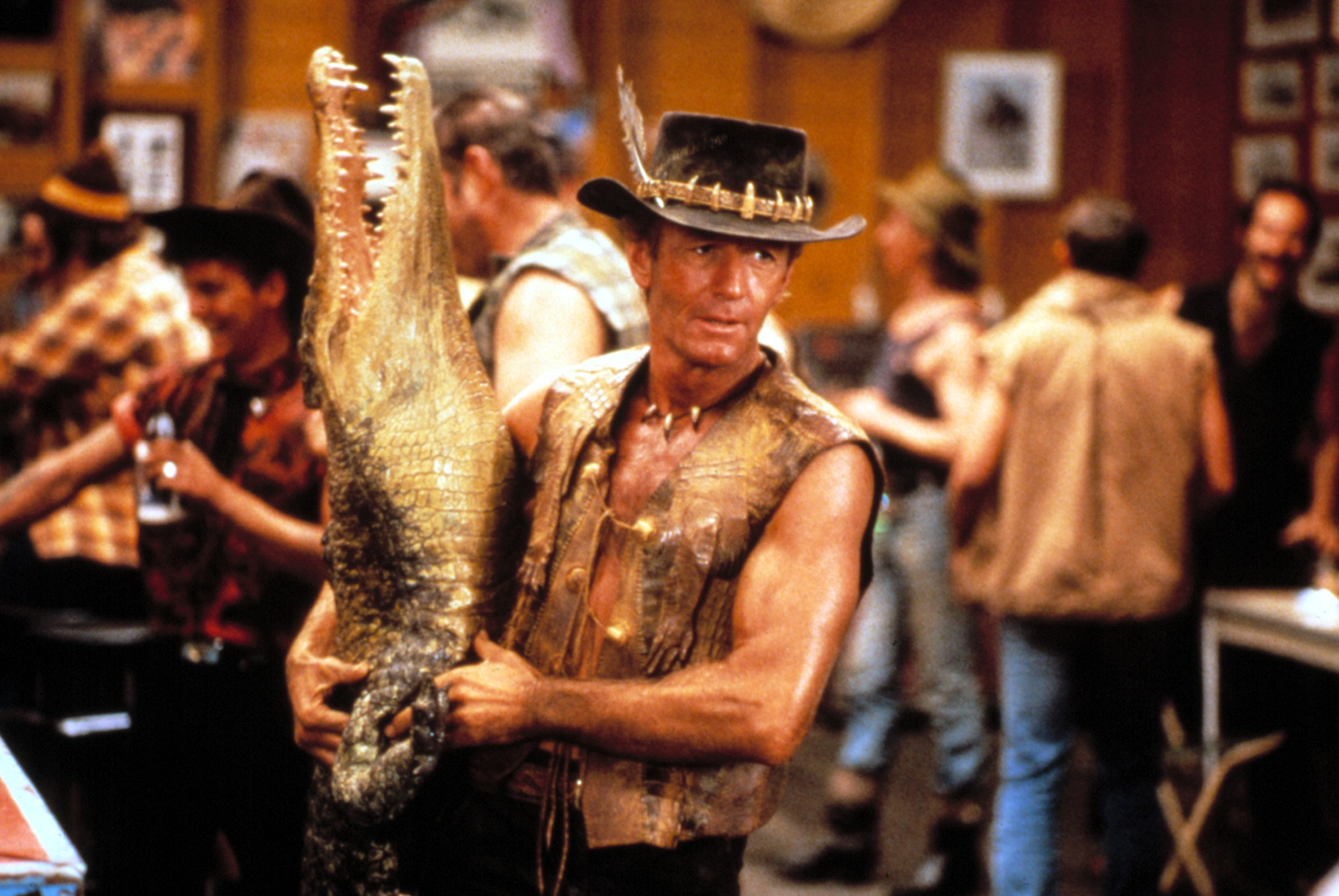MARY LOUISE KELLY, HOST:
If you follow the fashion world, then you know this about designer Alexander Wang. Expect the unexpected. Wang is shaking things up again next month. That would be when New York Fashion Week gets going, and Wang will be there for the last time. He has announced that going forward, he is ditching the traditional New York fashion calendar. Instead, he’s going to host his own shows in June and December, which would traditionally be the off-season for the fashion world.
Alexander Wang is on the line from New York to tell us why. Welcome to the program.
ALEXANDER WANG: Thank you – happy to be here (laughter).
KELLY: We are so glad to have you here. And let me start right there with the obvious question. Why is this going to be your last New York Fashion Week?
WANG: You know, it really goes back to the customer and the consumer. We’ve been really focusing the last couple years on how we can make our process more efficient, simplified and bring our collection with a shorter amount of time to our customer who demands that now and being able to deliver monthly drops that can service our customer better.
KELLY: OK, now you just said a key word – monthly drops. I mean, this has been the challenge of these huge runway shows since the beginning – right? – is that people would go. They would see these beautiful clothes, and then they couldn’t actually get their hands on them for months, right?
WANG: Yeah, so traditionally (laughter), you would, you know, see, you know, our show in either February or September, and you’d have to wait about six months in order to see the product in store. So we are essentially cutting that time in half. By showing in June, the product will already start shipping in early October. So what you see will be a much shortened time frame of being able to get your hands on the product.
KELLY: Is this something particular to New York? Are you still going to do the big shows in Paris and Milan and LA?
WANG: Well, we actually only show in New York, so nothing really changes in terms of the scale or the format of how we show. It’s really just the timing.
KELLY: But you won’t have the crowd that assembles twice a year in New York for Fashion Week if you’re doing it on your own calendar. So what are you losing by walking away from this?
WANG: What are we losing? Well, there’s always a risk of course. You know, I feel that if I’m going to fail, I want to fail big. So you know, when people watch a show now, essentially anyone can – doesn’t really have to go to a show. The editors, the buyers can reference everything from the Internet or social media. So it’s really about creating an experience and how we can communicate our brand DNA to the world.
KELLY: Now, you’re not the only big-name designer to decide to ditch New York Fashion Week. I noticed that Tom Ford and Vera Wang and Tommy Hilfiger and others have all at one point or another decided to skip it. I wonder. I mean, do you all talk amongst yourselves and compare strategies, how this might play out?
WANG: (Laughter) You know, it’s something that we’ve been thinking about for a long time as a brand. You know, we are very grateful to have the support of the CFDA behind us.
KELLY: CFDA is…
WANG: The CFDA is the Council of Fashion Designers America.
KELLY: OK.
WANG: And so they also want to be able to think about how we can start evolving the traditional fashion week and have also mentioned that there might be some other brands that will hopefully follow us into June and December.
KELLY: The window you described – you do a June show, and then you said the clothes would be available in October. Is that right?
WANG: Correct.
KELLY: So that’s still a window of several months. Is your goal to keep narrowing that, to get closer to the kind of see-now, buy-now method of showing high-end designer clothes, haute couture?
WANG: I would say not, not for right now. I think the see-now, buy-now, you know, obviously was a very hot topic, you know, a couple of seasons ago. And I believe that it only works for a certain price point and a certain type of product.
KELLY: Does shortening the lag time between when your clothes are shown, when you do a show and when they’re actually available for purchase – does getting closer to the season change the way you design at all? I mean, you know, it’s that sense of, like, you’re sitting in winter, trying to imagine what you would possibly want to wear in summer. And it’s just so hard to imagine. Do you struggle with that?
WANG: (Laughter) Our life is so hard. No, I’m kidding. You know, that’s one of the things that really feels outdated – is these labels of seasons. Being able to think about the product much more by the month enables us to think a little bit more neutrally about the seasonality of the product.
KELLY: You are known for enjoying and for throwing a good after-party at Fashion Week. Can people still expect those at your off-season shows?
WANG: Of course. Don’t forget about Wangfest (laughter).
KELLY: Wangfest – this was the infamous one last year.
WANG: This was the infamous one last year. I mean, we actually started it a few years ago, and it reincarnates itself every season. So yes, that will definitely be something that will be returning. But you have to expect the unexpected.
KELLY: Thank you very much.
WANG: All right, thank you so much.
KELLY: We’ve been talking with fashion designer Alexander Wang about his decision to make next month’s New York Fashion Week his last.
Copyright © 2018 NPR. All rights reserved. Visit our website terms of use and permissions pages at www.npr.org for further information.
NPR transcripts are created on a rush deadline by Verb8tm, Inc., an NPR contractor, and produced using a proprietary transcription process developed with NPR. This text may not be in its final form and may be updated or revised in the future. Accuracy and availability may vary. The authoritative record of NPR’s programming is the audio record.











